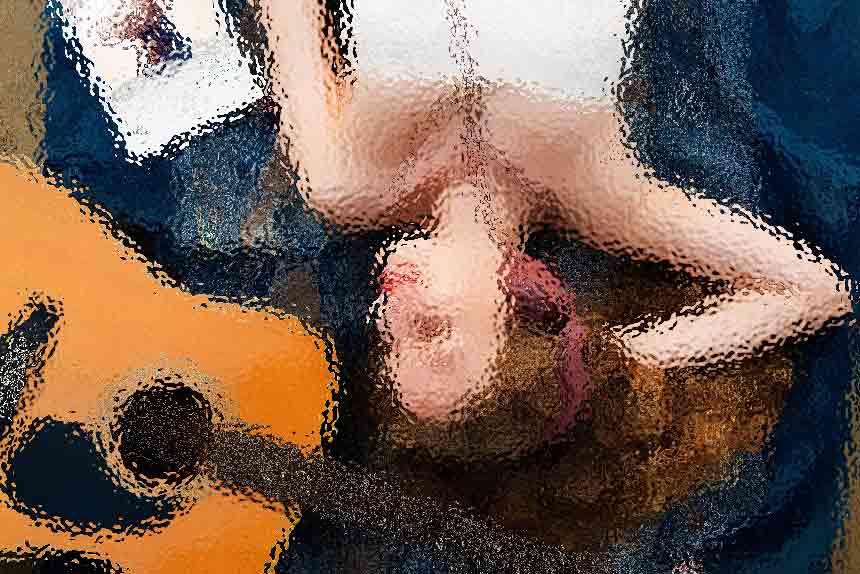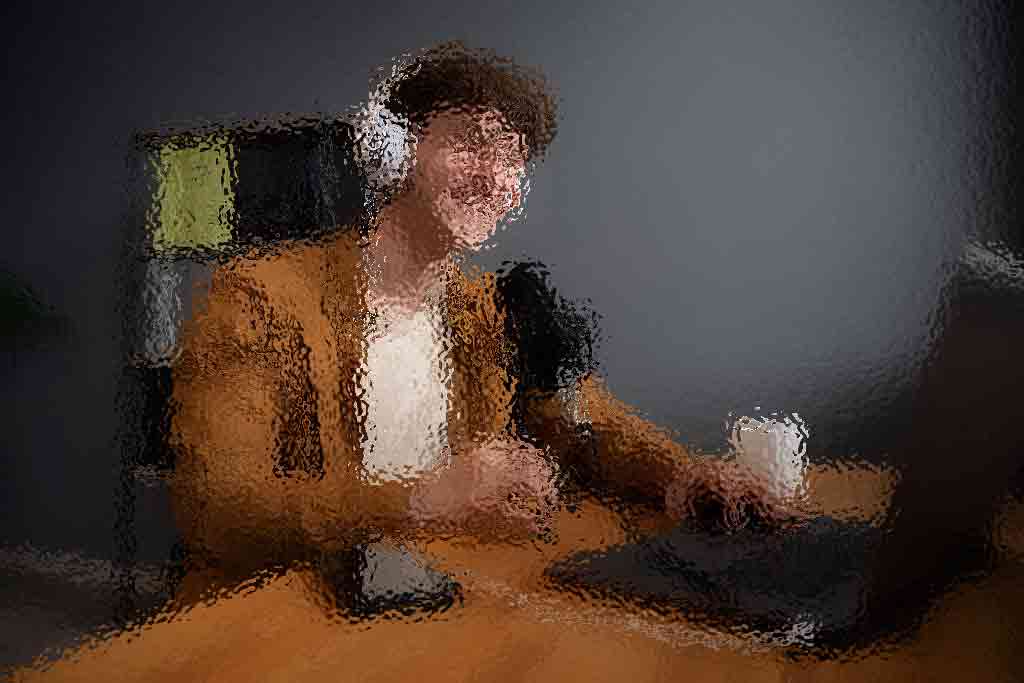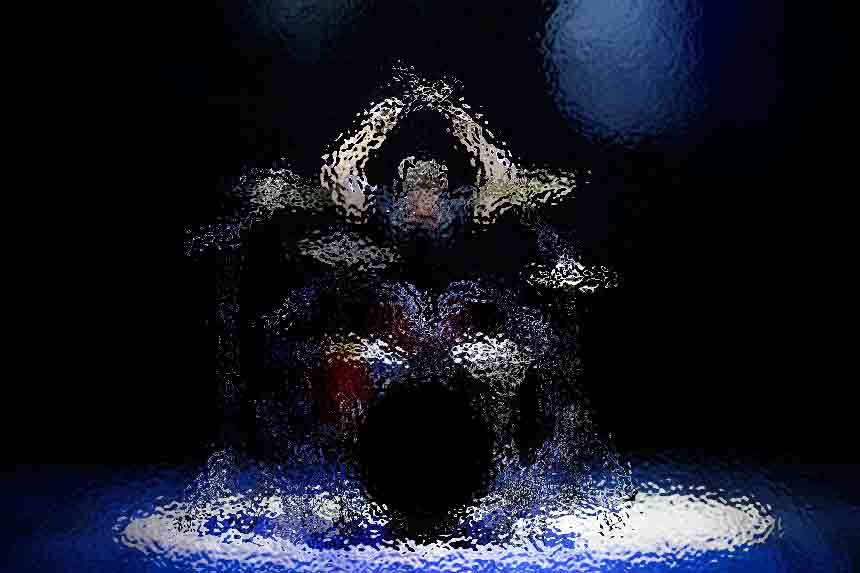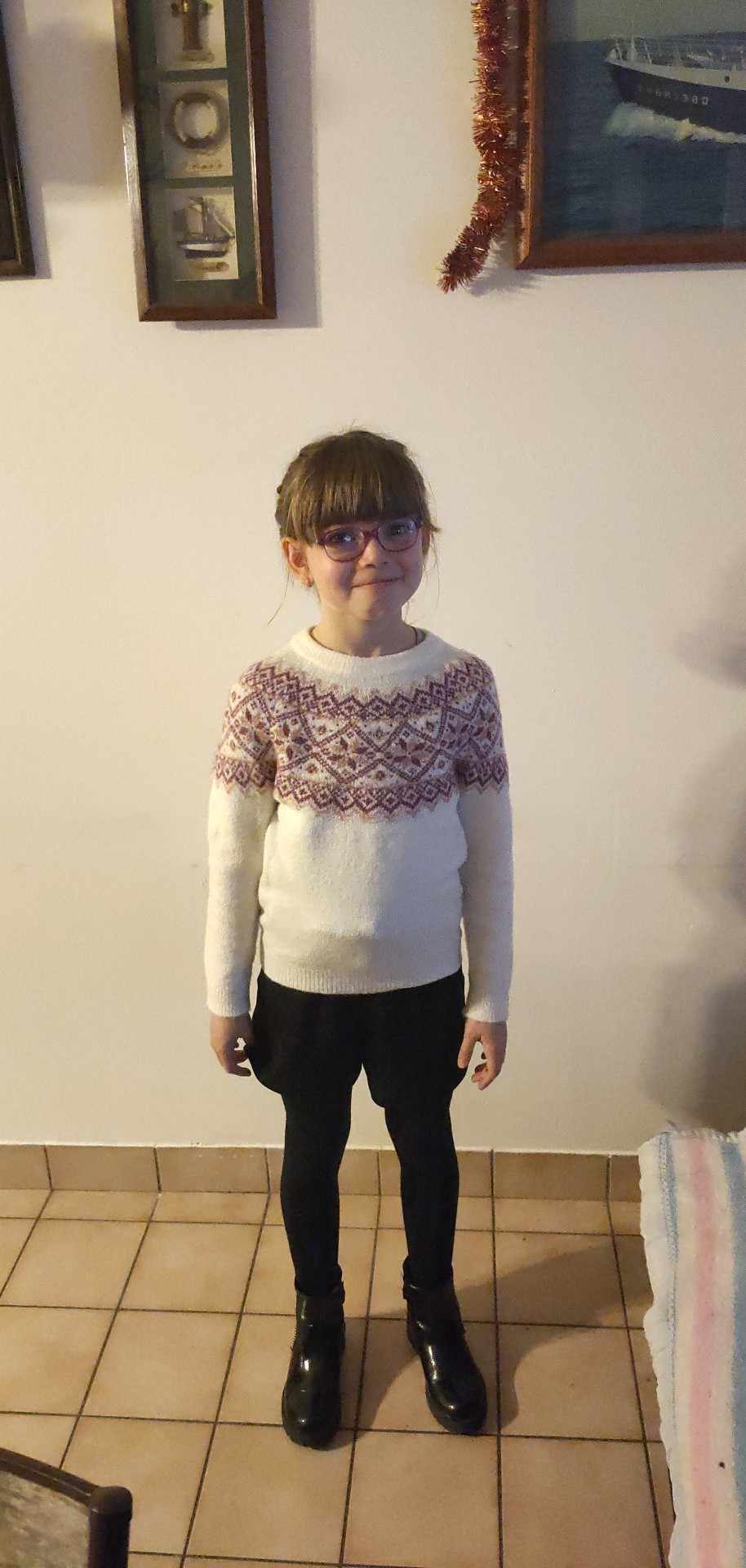Music, often described as the universal language, holds the power to evoke emotions, transport us through time, and transcend cultural boundaries.
From soulful ballads to energetic rock anthems, each genre offers a unique experience. In this article, we delve into the world of music by providing 23 concise reviews that touch on various aspects of musical compositions.
To live is to be musical, starting with the blood dancing in your veins. Everything living has a rhythm. Do you feel your music?
Michael Jackson
Our journey begins with a track that is a true masterpiece, blending beautiful melodies that tug at the heartstrings. The seamless flow of harmonious notes creates an enchanting atmosphere.
The Magical World of Music
Not all websites are made equal. Some websites are simple, logical, and easy to use. Others are a messy hodgepodge of pages and links.

Without website navigation, your visitors can’t figure out how to find your blog, your email signup page, your product listings, pricing, contact information, or help docs.
Quick and easy access to the content they’re after is more important for your website users than a… visually-stunning design.
Website navigation allows visitors to flow from one page to another without frustration. If you’ve done your job well, visitors leave your site with the intention to return and might even buy something from you or sign up for your email list.

It is an enchanting journey that speaks to the soul, ignites emotions, and paints vivid landscapes in our minds. One of the most remarkable aspects of music is its ability to serve as a universal language. Regardless of where you come from or what language you speak, a beautiful melody can resonate with your heart and convey emotions that words often fail to express.
From the rhythmic beats of drums to the soaring melodies of a symphony orchestra, music weaves a tapestry of emotions and experiences that is unparalleled in its beauty.
Without music, life would be a mistake.
Friedrich Nietzsche
Bad navigation is an especially common problem. We’ve all struggled to find things on disorganized websites without any logical structure. It feels hopeless.
Using « complex large pictures ». Because a carousel generally carries a lot of picture messages, complex large pictures result in low performance and « slow loading rate » of the sites, especially those whose first homepages are occupied by high-resolution carousels.
A Universal Language
In design, rhythm is created by simply repeating elements in predictable patterns. This repetition is a natural thing that occurs everywhere in our world. As people, we are driven everyday by predictable, timed events.

One of the best ways to use repetition and rhythm in web design is in the site’s navigation menu. A consistent, easy-to-follow pattern—in color, layout, etc. Gives users an intuitive roadmap to everything you want to share on your site.
Rhythm also factors into the layout of content. For example, you « might have » blog articles, press releases, and events each follow their own certain layout pattern.
The Power of Emotion
Nobody enjoys looking at an ugly web page. Garish colors, cluttered images and distracting animation can all turn customers « off » and send them shopping « somewhere else ». Basic composition rules to create more effective:
- Direct the Eye With Leading Lines
- Balance Out Your Elements
- Use Elements That Complement Each Other
- Be clear about your « focal points » and where you place them
The size and position of elements in a composition will determine its balance. An unbalanced design generates tension, which may be the goal in many design projects, but for web apps that demand repeated comfortable use, tension is not a desirable trait.
A Journey Through Time
UX and UI: Two terms that are often used interchangeably, but actually mean very different things. So what exactly is the difference?
Music is the great uniter, an incredible force. Something that people who differ on everything and anything else can have in common.
Throughout history, music has been a faithful companion to humanity. It has witnessed the rise and fall of empires, the triumphs and tribulations of individuals, and the evolution of societies. From ancient tribal chants to modern electronic compositions, music has evolved with us, reflecting the changing times and serving as a mirror to our collective experiences.
The Art of Creation
Good design guides the user by communicating purpose and priority. For that reason, every part of the design should be based on an « informed decision » rather than an arbitrary result of personal taste or the current trend.

Provide distinct styles for interactive elements, such as links and buttons, to make them easy to identify. For example, « change the appearance of links » on mouse hover, « keyboard focus », and « touch-screen activation ».
A Source of Inspiration
Design is not the end-all solution to all of the worlds problems — but with the right thinking and application, it can definitely be a good beginning to start tackling them.





